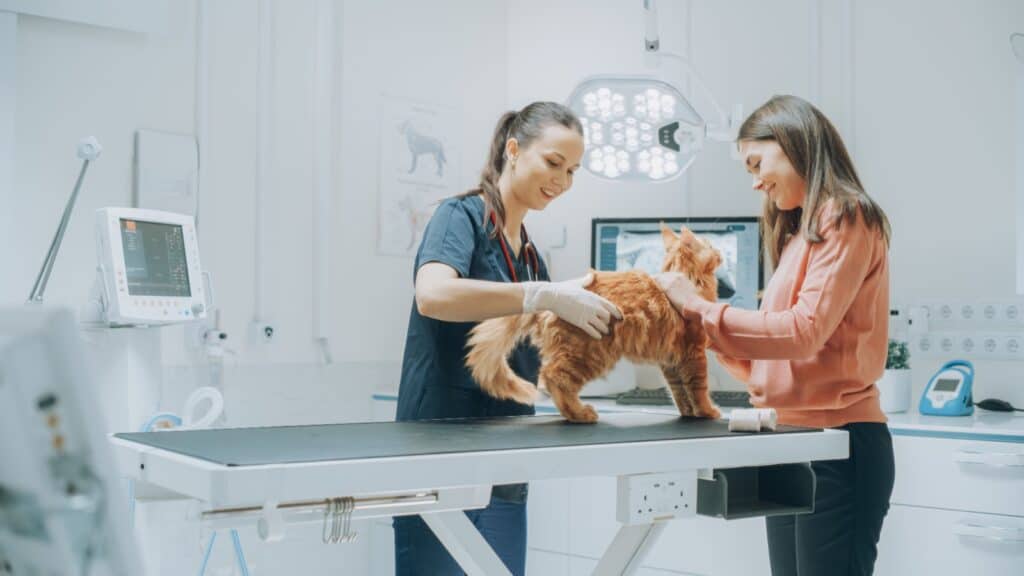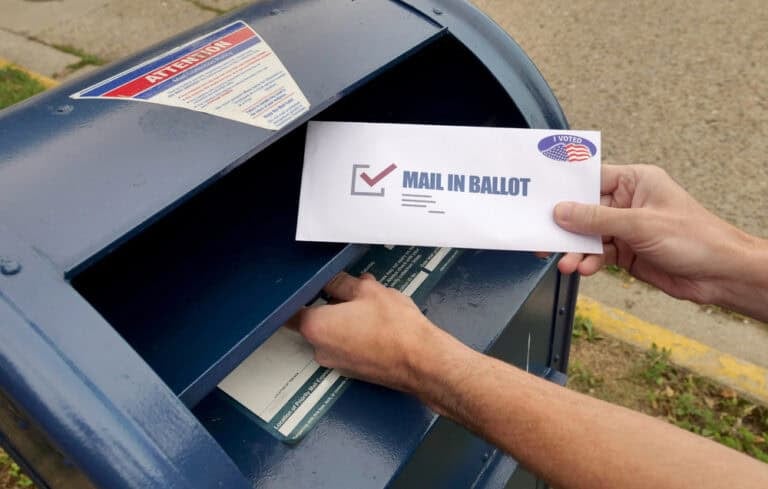Who’s treating your pet? Don’t assume it’s a vet
Many pet owners are shocked to learn that the person giving their dog a vaccine or drawing their cat’s blood might not be a licensed veterinarian at all.
When you take your pet to the veterinarian, you expect them to be in expert hands. But here’s the surprising truth: not every procedure is done by a licensed veterinarian. From vet techs to students, others may be involved in your pet’s care, often without you realizing it.
You Expect a Vet, Right?
Most pet owners assume that every vaccination, blood draw, and treatment is performed by the vet whose name is on the clinic door. But in reality, vet clinics operate with teams, and your pet may never see the doctor you think they are seeing.
It’s a Team Effort

Veterinary care is often a collaborative effort involving veterinarians, veterinary technicians, assistants, and sometimes even interns or students. While this teamwork helps clinics run smoothly, it also means you might not know exactly who is treating your pet at any given time.
Licensed Veterinarian
The veterinarian is the only person legally allowed to diagnose illnesses, prescribe medications, and perform surgery. They have years of training and a state-issued license. Always confirm that a licensed vet is overseeing or performing the critical parts of your pet’s care.
Vet Technicians & Assistants

Vet techs are trained professionals who can handle tasks like anesthesia monitoring, lab work, and vaccinations under a vet’s supervision. Assistants typically have less formal training and focus on basic animal care. Neither should diagnose or prescribe medication for your pet.
Students & Interns
In teaching hospitals or clinics that provide training, vet students or interns often work with real patients under supervision. This is an important learning process, but you have the right to know if a student will be handling your pet’s care, and to say no if you prefer otherwise.
Who Handles What?
Here’s what might surprise you: many routine tasks aren’t performed by vets at all. Vaccinations, blood draws, anesthesia prep, and even dental cleanings are often managed by vet techs. While this is common practice, you should always ask who will handle each procedure.
Who’s Who At a Glance

Understanding the roles in a veterinary clinic helps you make informed decisions. Here’s what the common titles mean:
- Veterinarian (DVM): A licensed doctor who diagnoses illnesses, prescribes medication, and performs surgeries.
- Veterinary Technician: A trained professional who assists with anesthesia, lab work, and basic treatments under vet supervision.
- Veterinary Assistant: Provides general animal care, cleaning, and restraint, but cannot diagnose or prescribe.
- Intern or Student: A future vet gaining hands-on experience, usually supervised, but not always closely.
Tip: Always ask who is handling your pet and confirm their qualifications.
Why This Matters

Your pet’s safety depends on proper training and oversight. When unqualified or unsupervised staff handle procedures, mistakes can happen, sometimes with serious consequences. Knowing who’s treating your pet gives you the power to protect them.
Be Your Pet’s Advocate
Don’t be afraid to ask questions. Find out who will administer anesthesia, monitor your pet during surgery, or perform vaccinations. Ask about their training and experience. A reputable clinic will welcome your questions and provide honest answers.
You Can Say No
You have every right to request that only a licensed veterinarian treat your pet. If you’re uncomfortable with a student or technician performing certain procedures, speak up. Your pet’s health is too important to leave to chance.
Transparency Is Key

Team-based care is essential in modern veterinary practice, but transparency is just as important. The best clinics make sure pet owners know exactly who is providing care and why. If your clinic doesn’t, consider finding one that does.
Protect Your Pet Today

Your pet depends on you to make the best decisions for their health. Ask questions, demand transparency, and advocate for your furry friend. Because knowing who’s treating your pet can make all the difference in their well-being.







